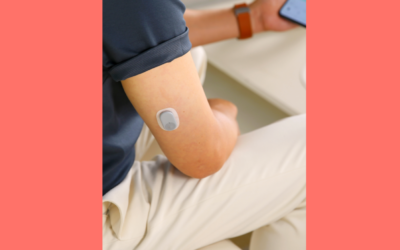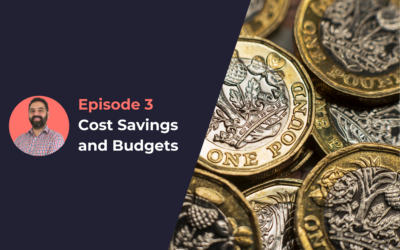By Sarah Rodricks on November 14, 2023
Every November, the world comes together to observe two significant health awareness days: World Diabetes Day and World COPD Day.
While the conditions are different, education can play a vital role in equipping patients with the knowledge and confidence to navigate their condition. Not only is this better for the patient, improving their quality of life through good management; but it also benefits the NHS through reducing pressure on services.
Our Diabetes education program
This year’s theme for World Diabetes Day is ‘Access to Diabetes Care’ which highlights the importance of having access to the right information and care to manage diabetes and avoid complications.
Our award-winning diabetes education program – EMPOWER, does just that.
Through a single four-hour session either face-to-face or online, patients learn more about diabetes and gain tools and strategies to effectively manage it and reduce their risk of complications.
As almost 80% of the money the NHS spends on diabetes is on treating complications, this has a great benefit for the NHS too.
We’re proud to say that whether patients attend online or in person, the clinical benefits are the same. This supports the NHS in reaching people with caregiving responsibilities, work commitments or transport issues and helping them to get the same improvement in their health without the need to travel.
To make our programme accessible to more people across the UK, we have developed ‘Train-the-Trainer’ – a scalable way of upskilling diabetes specialist nurses and other NHS healthcare professionals on how to deliver our EMPOWER program and accrediting them annually.
What do our patients think?
Our Pulmonary Rehabilitation programme
Just like with Diabetes, early detection and education about COPD is critical. The theme for this year’s World COPD is ‘breathing is life’ and aims to highlight the importance of early diagnosis and early intervention.
Our Pulmonary Rehabilitation program is designed for people with chronic lung conditions who experience symptoms of breathlessness, helping them to self-manage in the long term.
We aim to improve the patient’s exercise tolerance, which in turn can help them feel less tired and increase their confidence and independence when exercising.
COPD is reported as being the second largest cause of emergency admissions (around 130,000 per year). Teaching patients practical coping skills helps to reduce the risk of going to hospital, as they get a better understanding of their symptoms.
This, in turn, helps to reduce pressure on an already stretched NHS system.
This programme has equally effective results whether it is attended in person or virtually. This helps people to fit it in around their existing commitments from the comfort of their own homes.
“I feel so much better, after doing the exercises 3 times per week and walking regularly, I can now breathe a lot deeper than I could before.
I can now walk around town using a walking stick instead of my mobility scooter, which is something I haven’t accomplished in years!
I can do a lot more around the house for myself instead of asking my son for help. “I am also no longer depressed; I feel a lot more cheerful and looking forward to doing things, unlike the old me”.
Rita Levitt – Pulmonary Rehab – online attendee
Work with us
We’re proud to work with the NHS on empowering and supporting patients to take control of their health through education.
If this is something you’d be interested in commissioning for your area, get in touch.


